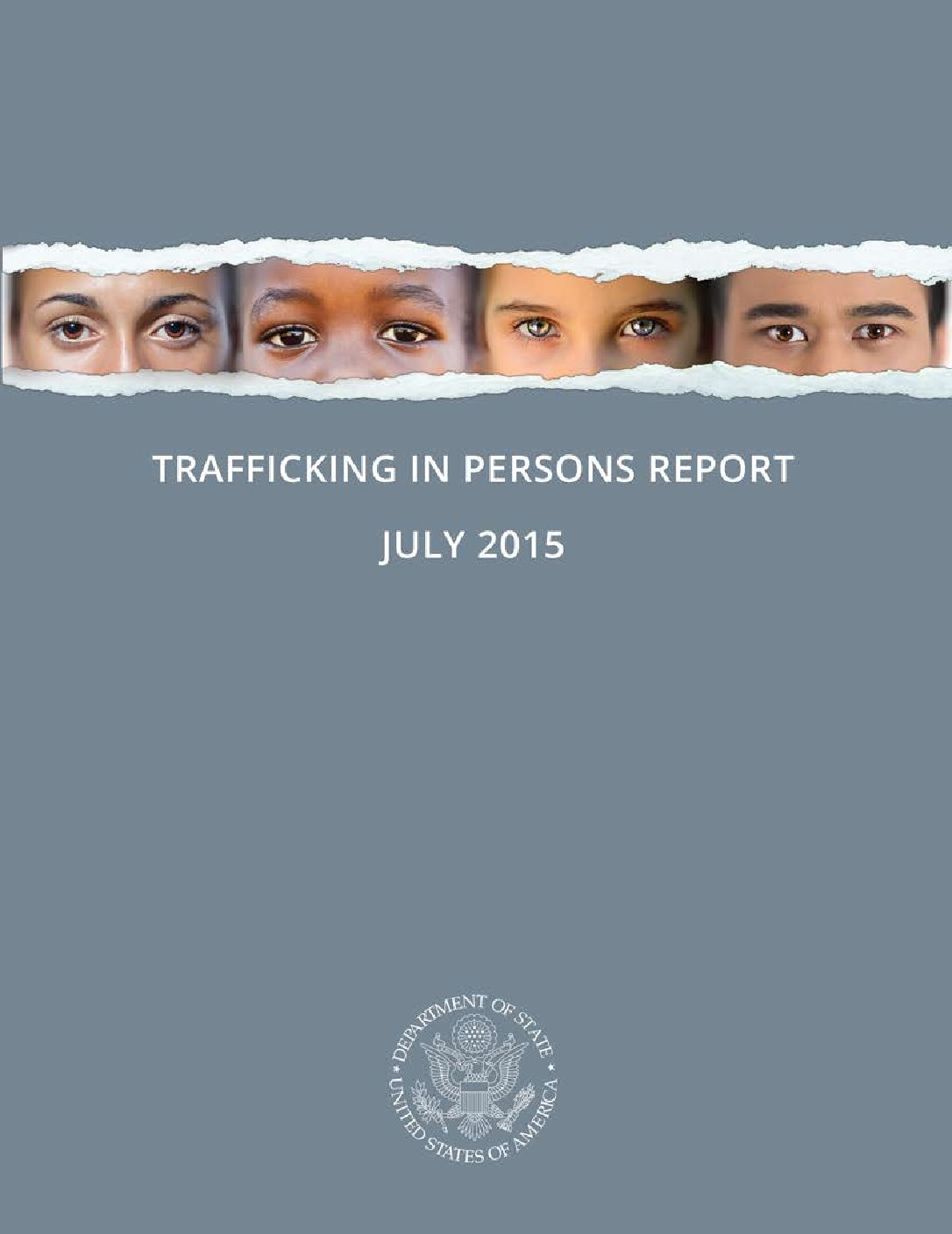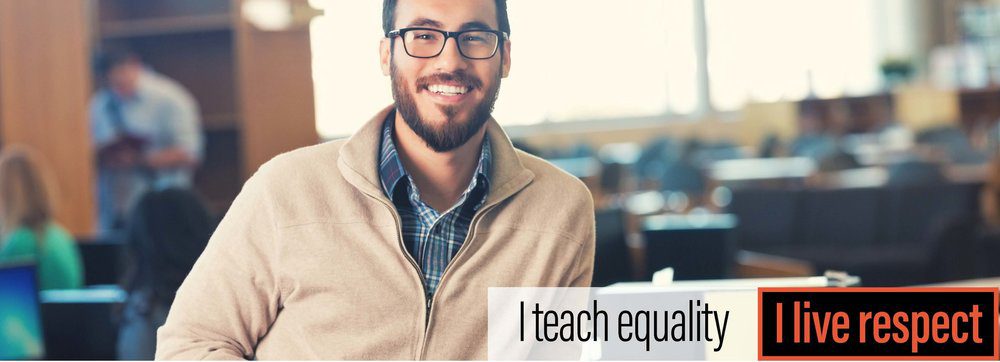
What Manhood Means to Me
Editor’s Note: According to the UNODC 2016 Global Report on Trafficking in Persons, female victims of trafficking account for 71% of the overall victim population. In addition, traffickers are overwhelmingly men. A number of scholars and activists in the anti-trafficking community relate trafficking and gender-based violence. This article highlights the perils of toxic masculinity and how it contributes to violence against women.
As an educator, activist, author and co-founder of A CALL TO MEN, I spend most of my time – and have spent most of my adult life – thinking about and talking about what it means to be a man. There are some wonderful aspects of being a man, like the pride we take in working hard, being providers, loving husbands, partners and fathers. But there are other aspects of manhood that can be damaging.

Men’s violence against women is the leading cause of injury to women in this country. The Centers for Disease Control reports that almost a quarter of heterosexual American women have experienced some form of severe physical violence from their male intimate partners. The risk starts early and crosses all socioeconomic boundaries. A Bureau of Justice study found that one in four female seniors had experienced sexual assault during college.
The overwhelming majority of men in this country don’t perpetrate violence against women. So why is violence against women at epidemic levels and how does that violence shape what it means to be a man today?
Our society’s rigid definitions of manhood – definitions that have been passed down from one generation of men to the next – provide the fertile ground where violence can take root and flourish. Research by the World Health Organization shows that men and boys who adhere to rigid, traditional notions of gender roles and masculinity are more likely to report having used violence against a partner.
Far too often, we men and boys define ourselves by devaluing women and girls. I once asked a 12-year-old boy, a football player, “What would happen if the coach said to you, in front of all your teammates that you were playing like a girl?” I expected him to say he’d be mad, sad or angry but instead he said, “It would destroy me!” I thought, “Oh, my God. If it would destroy him to be told he was playing like a girl, then what are we teaching him about girls?”
We are teaching him that he must fit in the Man Box. In the Man Box, men are taught to be dominating, so women must be submissive. Men are strong, so therefore women are vulnerable and weak. Men are superior, so women are inferior. Men are in charge, which means women are not.
In reality, sexism and inequality not only hurt women, but imprison men. We are held hostage to the norms of the Man Box and it has a profound impact on men’s health and emotional wellbeing. When boys are told not to cry or feel, there are long-term lasting negative effects on their health and relationships. Research by the Harvard School of Public Health found that those who suppress their emotions are one-third more likely to die prematurely than people who regularly express what they are feeling. Issues of rage, anxiety, depression and unhealthy coping mechanisms can manifest. According to the Centers for Disease Control, the suicide rate is four times higher in men than in women.
Rejecting rigid notions of masculinity and embracing and promoting a healthy, respectful manhood prevents violence against women, sexual assault, sexual harassment, bullying and many other social ills.
At A CALL TO MEN, we ask men to embrace and promote the Principles of Healthy, Respectful Manhood. This is the work that’s in front of us as men. For the women we love and care about, for our communities, for the betterment of humanity, but also for ourselves.
Tony Porter is an author, educator, activist. He is the Co-Founder of A CALL TO MEN.

